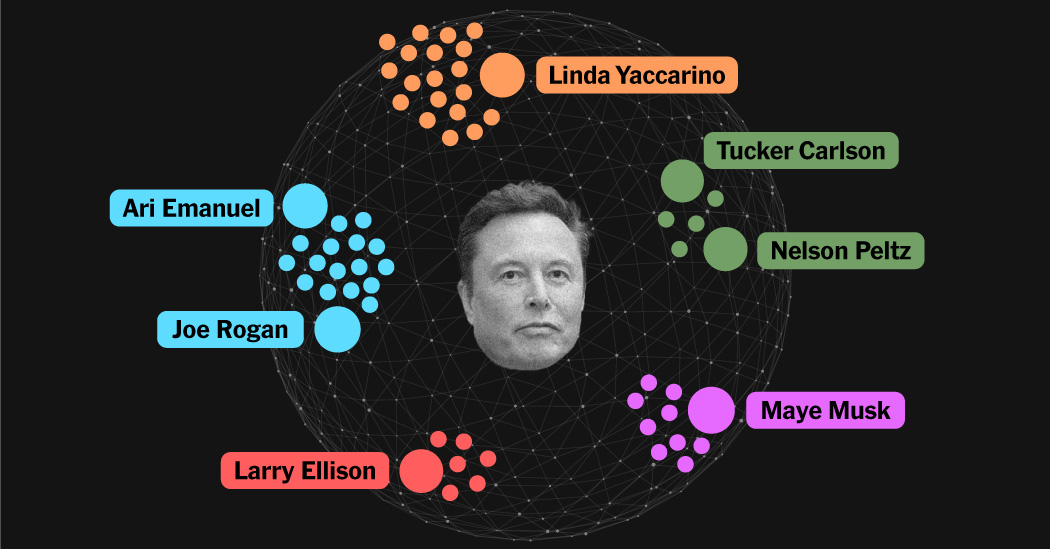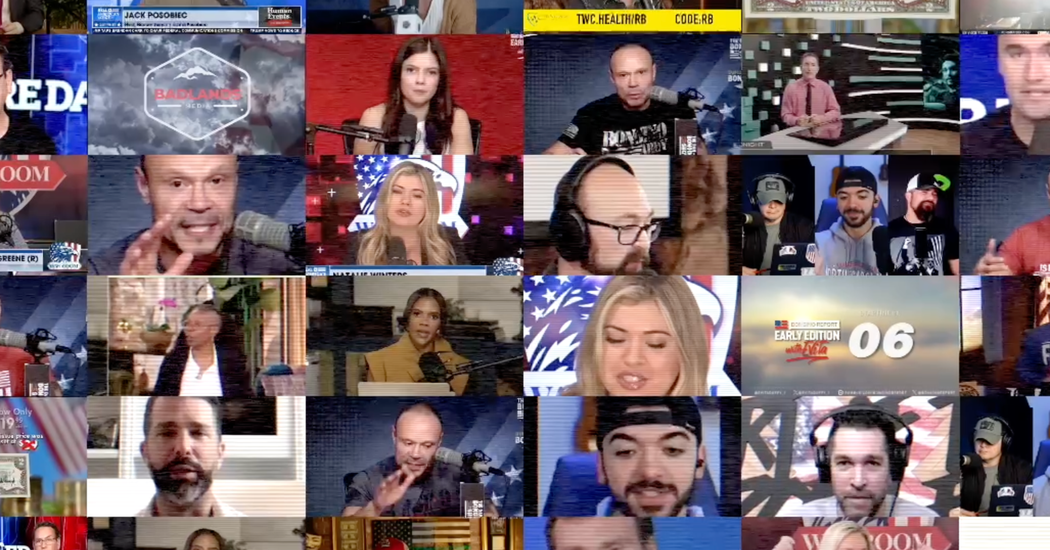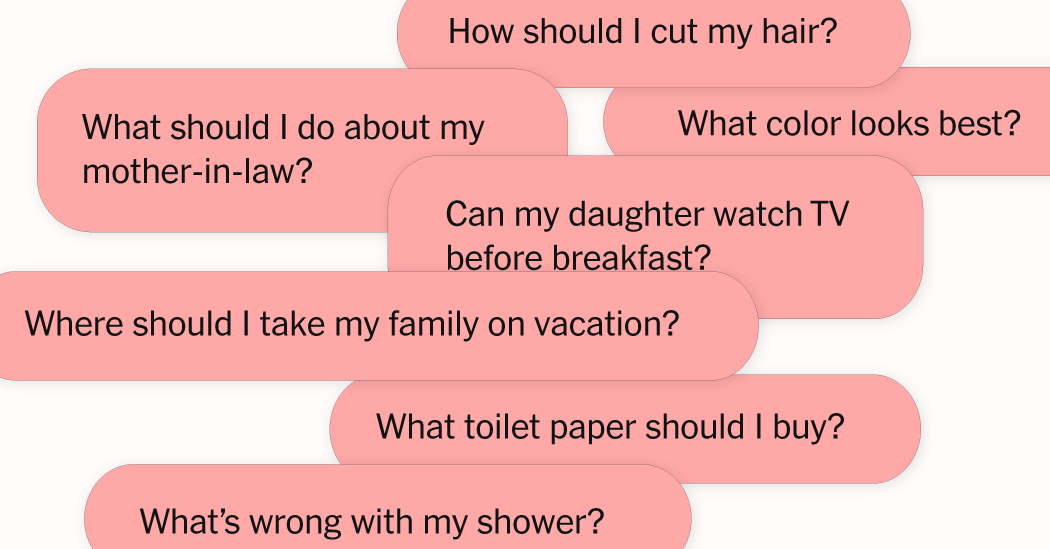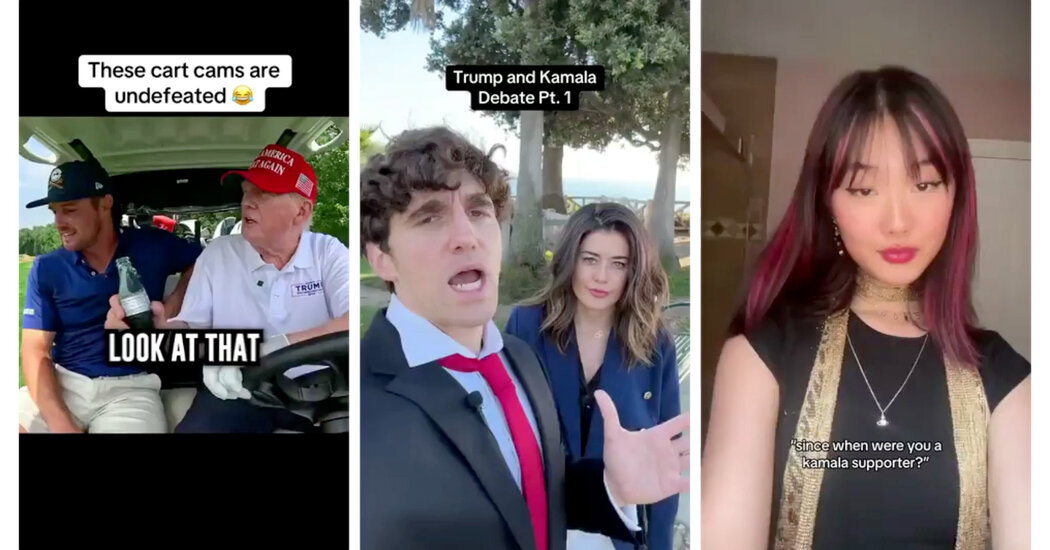The swift passage this week of legislation to force the sale or ban of TikTok was the first time a federal tech law has been approved in years.
And after a logjam of dozens of bills to rein in the business practices and power of tech giants, it appeared some momentum was building for further regulation.
In February, the Senate revived and passed an online child safety bill. This month, lawmakers introduced a sweeping privacy bill with the most bipartisan support yet. Leading lawmakers promise broad legislation to protect users of artificial intelligence.
But experts on tech legislation say that the unique speed of the passage of the TikTok legislation — a rare unified effort that took seven weeks from start to finish — is highly unlikely to be repeated. Lawmakers continue to squabble over the details on legislative proposals, and congressional leaders haven’t pushed their momentum. Silicon Valley’s powerful lobbying armies have waged war simultaneously, stalling the efforts. And conditions for any momentum are likely to worsen before the November election, when legislators will try not to rock the boat.
The law on TikTok, driven by the Biden administration and intelligence concerns that the app’s Chinese parent company, ByteDance, presents a national security threat, created a rare bipartisan moment of movement, the experts said. The House also combined the bill with a $95.3 billion must-pass aid package for Ukraine and Israel to prompt the Senate to pass it.
“TikTok was unique,” said Stewart Verdery, a former staffer for Senate Republican leadership and now chief executive of the lobbying group Monument Advocacy. “It was a perfect storm of being an insanely popular product in the U.S., that is bipartisanly disliked for its harms to kids, and with a unique national security problem.”
For years, federal lawmakers have made reining in Big Tech a primary pitch to voters, promising to crack down on companies like X, Amazon, Google, Snap, TikTok and Meta, which owns Instagram and Facebook, for offenses including the spread of election disinformation, antitrust and safety issues for children. Many of the issues have bipartisan support.
Lawmakers have held contentious hearings on Capitol Hill grilling tech executives including Meta’s Mark Zuckerberg — who has testified eight times on topics including privacy, child safety, disinformation and antitrust. In January, family members of children who were victims of child sexual abuse materials attended a hearing holding pictures of their loved ones, as Mr. Zuckerberg and the chief executives of X, Snap, Discord and TikTok faced down angry lawmakers.
But the last time Congress passed a law on tech was in 2018, an anti-sex-trafficking bill that created legal liability for online platforms that knowingly hosted the illegal content. The law was passed after hearings with sex trafficking victims and their family members describing in searing detail their experiences of exploitation online.
Over the past decade, more than a dozen privacy laws have been proposed along with bills to hold online platforms accountable for spreading disinformation. Other bills have focused on child safety and the well-being of youth online, targeting algorithms used by apps like Instagram that can steer young users toward dangerous content that has led to eating disorders and other harms. After an exhaustive investigation into the monopoly power of Amazon, Apple, Google and Meta, lawmakers wrote bills to curtail the power of Big Tech companies.
None of the proposals have passed.
Jessica González, the co-chief executive of the consumer interest group Free Press, attributed the lack of movement partly to lobbying. Amazon, Meta and Alphabet, Google’s parent, are among the top companies lobbying federal officials. Their armies of lobbyists, primarily made up of former congressional members and staffers, often quibble over technical details of bills, warning that broadly written laws could impede their businesses and harm the U.S. economy, she said.
“We are up against well-heeled industries that hold a lot of sway and donate a lot of money to campaigns,” Ms. Gonzalez said.
Perhaps an even bigger factor for momentum: Time is running out this year as the 2024 election approaches. After Congress breaks in late May and then for much of August and October, there will be little appetite to push through new tech legislation as many members return home to campaign in the fall.
While voters are concerned about the power of technology companies, they are divided along party lines on the specific problems the industry represents. Some Republican voters believe tech companies have a liberal bias and are squelching speech by conservative politicians. Democrats are more concerned about election disinformation and holding the companies liable for spreading falsehoods.
Wes Anderson, a partner at OnMessage Public Strategies, a Republican political consulting and polling firm, said none of the tech issues are a top priority for voters. According to focus group studies, they are concerned about the dangers of A.I., but few rank it among their highest concerns, Mr. Anderson said.
Gene Kimmelman, a former senior official at the Department of Justice, thinks political divides will slow down momentum for new legislation. “Ahead of the election, things will be much more politicized and Republicans would not want to give victories to the Biden administration.”







